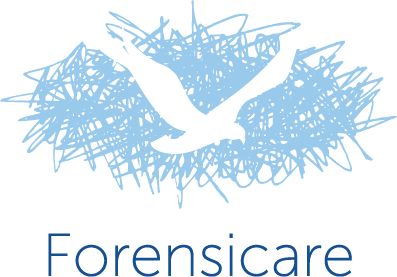
Your career influencing personal and systemic change.
As a social worker at Forensicare, you can apply your skills in building trusted relationships and delivering person-centred care in diverse, challenging and dynamic contexts. You will work with a committed workforce to make a real change to the lives of people experiencing stigma, disadvantage, and marginalisation at the intersection of the mental health and criminal justice systems.
Are you a Social Work student? Click here to find out more about our Allied Health Graduate Program.
What social work experience do I need to work at Forensicare?
You must have a social work qualification and be eligible for membership of the Australian Association of Social Workers to perform social work specific roles at Forensicare.Positions range from Grade 1, graduate positions through to experienced Grade 4 Lead positions. Full details are given in the position description for each role. A range of generalist roles are also available to social workers at Forensicare, providing a broad and diverse range of opportunities in the community, including management and key leadership roles.In addition, there are a range of other non-specific social work positions that benefit from social workers skill sets at Forensicare. These includes roles in policy, training learning and development, research, service development, management, consultation, and liaison.
What does a typical day look like for a social worker at Forensicare?
Social workers focus on the person in their environment and as such, roles are heavily shaped by the context you are working in.
In the hospital and prisons, you may work in acute, rehabilitative or clinic settings. Your day may include delivering direct individual therapeutic interventions such as alcohol and drug support, enabling consumer access to NDIS or Centrelink supports, as well as family and group work and psychosocial support services. You may also conduct risk-need and family violence assessments, case work, liaison with external services such as courts, lawyers, and housing services, advocate on behalf of consumers, contribute to managing the unit and work as a member of a multidisciplinary team.
Additionally, in prisons, you may focus on continuity of care and be responsible for discharge and release planning, to ensure the consumer can successfully integrate back into the community and their families have the support they need.
In the community there are a wide range of diverse programs. This includes secondary consultation, care coordination, primary community case management, liaison and risk assessment, coordination and capacity building training and community development. As part of a case management team you may provide treatment and support for people coming out of hospital and provide outreach with consumers and carers.
You may also work in courts, assessing people’s mental health and needs and informing lawyers and judges of your recommendations.
I don’t have qualifications in forensic mental health. Can I still apply?
Direct prior forensic mental health experience is not essential. However, it is important that you have a sound understanding of the complexities, challenges and opportunities involved in working within the statutory context of forensic mental health. It is also practically important that you are comfortable working in and articulating your position within multi-disciplinary and multi-agency teams in both secure and community-based environments. Specific forensic related training is provided on the job and there is an opportunity to complete Forensic Behavioural Science subjects through Swinburne University. Our goal is to support you to work to the top of your scope of practice and advocate for consumers, families, and carers.
What support, supervision and professional development would I receive?
We value professional development at Forensicare and encourage each employee to plan and attend professional development training. Support structures may vary depending on the directorate and your role.
You can benefit from existing partnerships with various universities and education providers, including the Swinburne University’s Centre for Forensic Behavioral Science.
I am a student. Do you have a student placement program?
Yes, social work students in their final year of undergraduate or postgraduate qualifying degree, accredited by the Australian Association of Social Workers can join Forensicare for a direct practice placement, in the hospital, prison or community. We also offer project placements for social work students undertaking a research or policy unit as part of an Honours, Masters or PhD research study.
Speak with your university placement or research coordinator if you are interested in a direct practice or project placement at Forensicare.
We do not accept direct applications from students, but we are open to establishing new placement agreements if your university doesn’t have an existing one with Forensicare.
Do you accept applicants from overseas?
Yes. We welcome overseas applicants to apply for our vacancies and offer generous relocation support.
Find out more about the support we provide as you relocate and settle into life in Melbourne.
Who can I contact for more information?
For more information about social work at Forensicare, contact Louise Gallagher, Director Allied Health.




